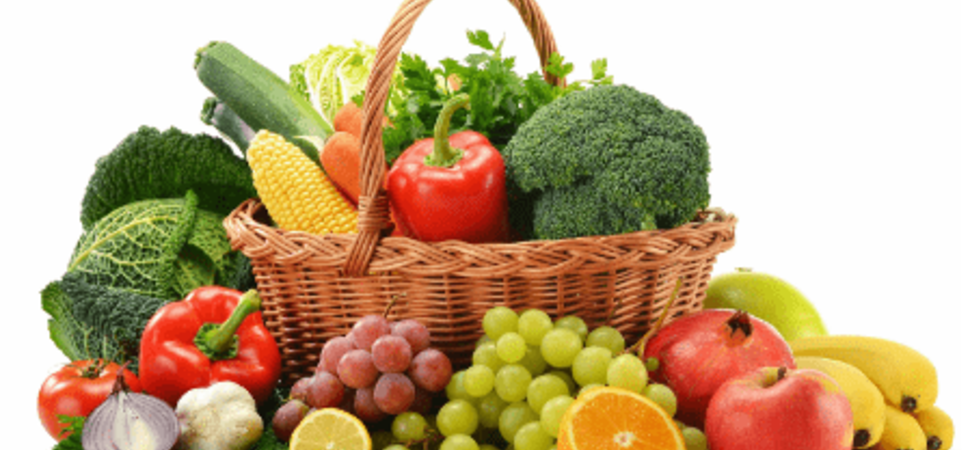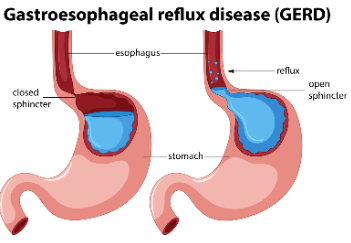
The Best Diet for GERD
What is GERD?
The ring of muscle between your oesophagus and stomach is affected by gastroesophageal reflux disease, sometimes known as GERD. You can get acid indigestion or heartburn if you have it. The ailment known as hiatal hernia is thought to be the reason in certain cases, according to doctors. Most of the time, dietary and lifestyle adjustments can reduce your GERD symptoms. But some people could require medical treatment or surgery.

How can you tell you may have GERD?
Almost everyone has had heartburn at some point in their lives. While the occasional case of heartburn is inconsequential, gastroesophageal reflux disease (GERD) may be indicated if it occurs more frequently, gets worse, or wakes you up at night.
Medications prescribed by your doctor, together with specific dietary and lifestyle modifications, may be used to treat GERD. It might be necessary to try a few different strategies and make some mistakes.
Best Foods for Acid Reflux
The following are a few examples of the best foods for acid reflux:
- Chicken Breast - Make sure to remove the fatty skin from the chicken breast. Choose baked, broiled, or grilled instead of fried.
- The mild green vegetables lettuce, celery, and sweet peppers are easy on the stomach and won't give you uncomfortable gas.
- Brown Rice - Just avoid serving it fried. Brown rice is a complex carbohydrate that is moderate and filling.
- Melons - Low-acid fruits like watermelon, cantaloupe, and honeydew are among the greatest things to eat for acid reflux.
- Oatmeal is a filling, substantial, and nutritious breakfast staple that is also suitable for lunch.
- Fennel - This crunchy, low-acid vegetable has a light licorice flavour and a calming, all-natural effect.
- Ginger - For a natural stomach relaxant, steep caffeine-free ginger tea or chew on low-sugar dried ginger.
Foods to Avoid
What to avoid is a common starting point for diet and lifestyle adjustments. These include things that can cause symptoms to appear or worsen.
Anything that is greasy, acidic, or excessively caffeinated should generally be avoided. List of foods that cause acid reflux include:
- Tea and coffee - Acid reflux is made worse by caffeinated drinks. Choose teas devoid of caffeine.
- Carbonated beverages - As the bubbles in your stomach expand, pressure and discomfort increase. Pick plain water or decaffeinated iced tea.
- Chocolate - This sweet comprises three ingredients that might cause acid reflux: caffeine, fat, and chocolate.
- Peppermint - Despite its reputation for relaxing the stomach, peppermint actually causes acid reflux.
- Orange and grapefruit - Citrus fruits' high acidity relaxes the esophageal sphincter and aggravates symptoms.
- Tomatoes - Avoid tomato products like tomato soup, ketchup, and marinara sauce as they are all inherently high in acid.
- Alcohol has a double-edged impact. Alcohol causes the sphincter valve to relax, but it also causes the stomach to produce more acid.
- Fried foods are among the worst possible foods for reflux. Skip the fries, onion rings, and fried chicken and cook your own chicken on the grill or in the oven.
- Late night snacks - Refrain from eating anything for two hours before bed. Additionally, rather than eating two to three large meals throughout the day, try eating four to five smaller ones.

